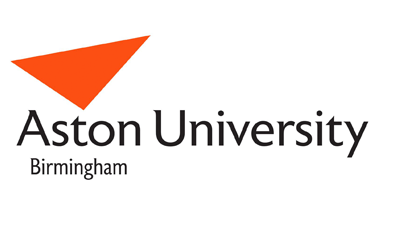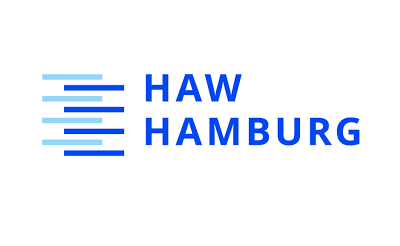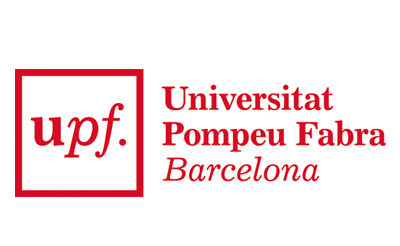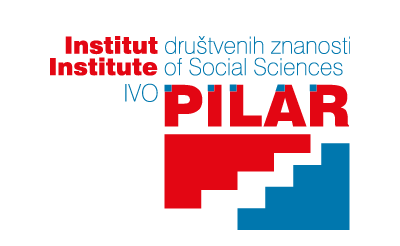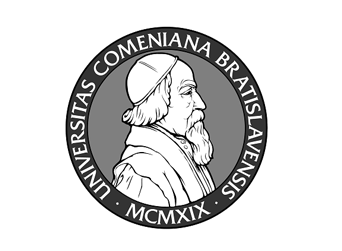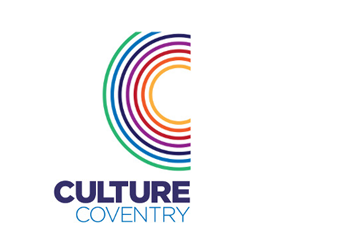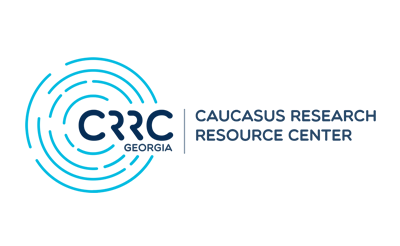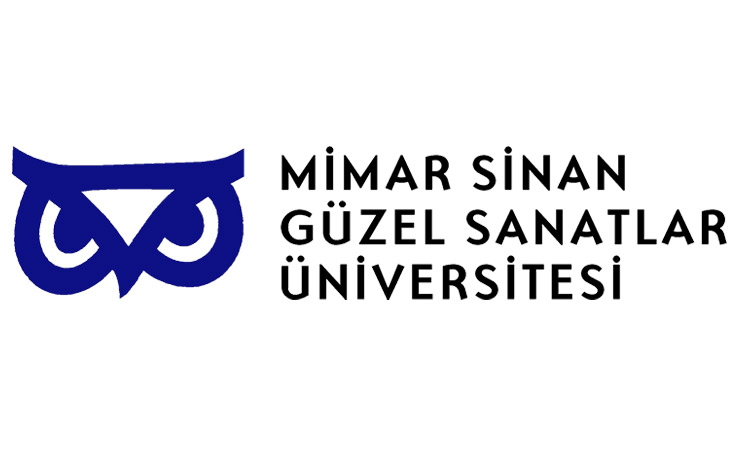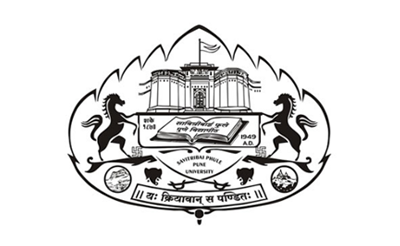CHIEF
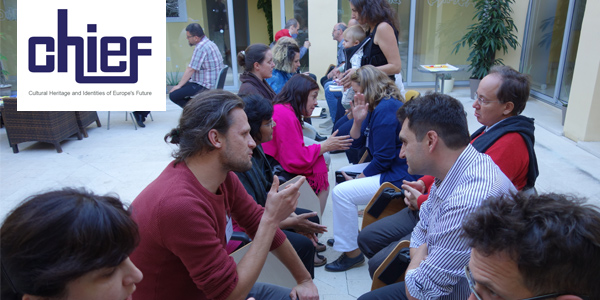

CHIEF - Moving towards an inclusive cultural education and participation
We design and accompany multi-stakeholder dialogues and interactive workshops to trigger change
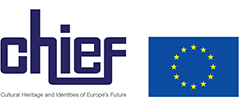
The interconnected notions of respect towards the rights of minorities and cultural diversity are facing a number of challenges: the rise of far-right movements, the current radicalization of young people in Europe and processes questioning the meaningfulness of the European project. To address these challenges, the European CHIEF project builds a dialogue between researchers, education practitioners, policymakers, community leaders, civil society activists and young people from all over Europe, India and Turkey. The aim is to facilitate a future Europe based on more inclusive notions of cultural heritage*1Whatever acquires significance as valuable for a group in providing it with an authentic sense of past (Rowlands 2002) resulting from power relationships, and is transmitted, internalised and enacted by members of the group. and cultural identity*2Way of representing existing individual and collective differences as being historically inherited and closely associated with established forms of cultural heritage.. Citizens For Europe methodically design a multi-stakeholders' process and accompany a series of workshops to create a sustainable environment for dialogue between these actors and develop effective policy recommendations at the local and European level.
“The exploitation of Collective intelligence of various actors is a key for triggering social change” says Martin Wilhelm, Director at Citizens For Europe. Started in May 2018, the CHIEF project wants to use collective intelligence to rethink the idea of “Europeanness” as a culture of dialogue and mutual respect. The project aims to develop and implement a new approach to the cultural literacy*3Competence in understanding cultural references, enabling active cultural participation in society. of young Europeans, which is often criticized for being elitist, masculine and essentially aimed at universalizing Western values. “A global perspective on European cultural identity is vital for the sustainability of the European project as it directly challenges nationalist, xenophobic and separatist tendencies”, explains Dr. Anton Popov, Lecturer in Sociology at Aston University and CHIEF Project manager.
A transnational research project on cultural education, socialization and participation of young people
Funded by the research and innovation program Horizon2020, the project brings together all the parties involved in young people’s cultural participation and cultural education in Europe: young people, education practitioners from formal and non-formal settings, researchers from seven European and two international universities, as well as policy-makers, civil society activists and community leaders. The partner universities from the UK, Germany, Spain, Latvia, Slovakia, Croatia, Georgia, Turkey and India collaboratively research national and European policies that frame educational practices targeting young people’s cultural participation and intercultural learning. They explore factors influencing young people’s cultural socialization and intercultural dialogue in various types of localities (big cities, small towns, rural areas) and in different socio-cultural environments (schools, family settings, youth groups, etc).

We design a dialogue for inclusive, reflective and participatory social changes
As Citizens For Europe has a strong record in applying innovative methods for multi-stakeholders collaboration, we have been commissioned to co-create together with the partner organizations a methodology to facilitate an effective dialogue between the various actors involved in the project. Inspired by the sector of non-formal education and civil activism, the proposed methods will guide the current collaboration of these stakeholders at the national and transnational level, support their knowledge exchange and aid in the creation of policy recommendations. We will design a common methodology for Multi-Stakeholders partnerships and interactive workshops that will take place in each partner country. The various participants will identify their common ground and needs, plan their local actions and develop policy recommendations. These aim to enhance the cultural and intercultural competence of young Europeans and to counteract racism among young people. In our methodological training "Inclusive collaboration for inclusive change" that took place mid-February 2019, we trained the researchers to give them the tools to implement the Multi-Stakeholders Partnership and collaborative workshops at the local level, to allow for inclusive, reflective and participatory social changes. To further support them, we also produced the handbook "Methodological Model of Effective Communication between Stakeholders - How to foster an inclusive and participative multi-sectoral collaboration", two podcasts and an online resources-page.
For further information please visit the project website http://chiefproject.eu/ or contact us at lenglet@citizensforeurope.org
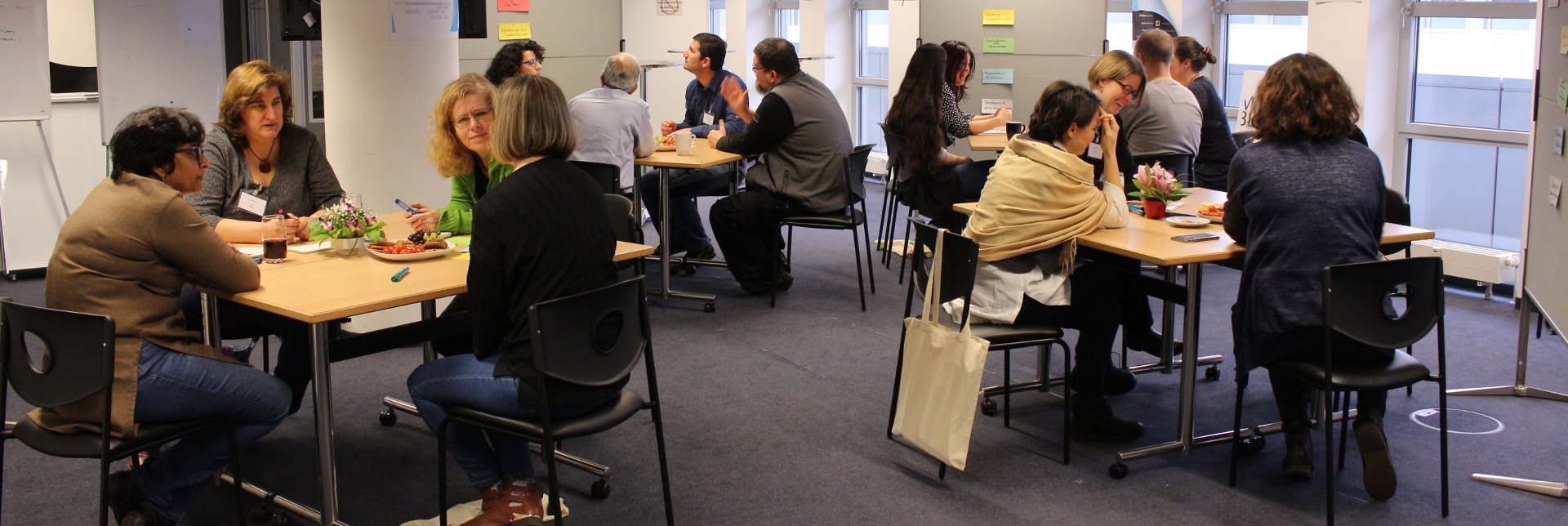
Funded by

Partner Universities
